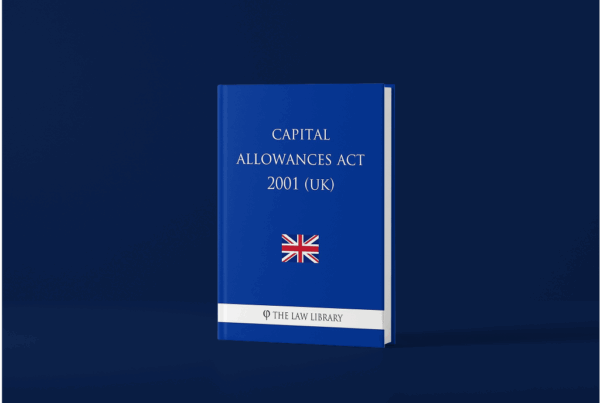James Telling, Head of Development and Acquisitions – 26th April
Following on from the COVID-19 pandemic, central banks and governments across the globe have aggressively stimulated their economies.
The result of this aggressive stimulus is rising inflation to accelerating global growth, but as the UK is starting to emerge from lockdown, with the fastest recorded vaccination rate in Europe, there are several conflicting monetary and fiscal mechanisms in play which will have impact on commercial property owners.
Whilst historically low interest rates, increases to corporation tax and government stimulus have pushed investors and speculators to prepare for a world of rising yields, for commercial property owners such a scenario need not be feared, but rather understood and managed. Comprehending this changing socio-economic environment is incredibly important for businesses, now more than ever.
Understanding the budget changes
The chancellor’s announcement of the 130% super deductions for plant and machinery items is one such change. When coupled with the 50% first-year allowance (FYA) for special rate assets and a continuation of the Annual Investment Allowances of £1m, we can expect to see savvy operators increase capital expenditure by investing within their real assets.
This means business owners who make sufficient taxable profits in the year can absorb the deduction of their investments in full, reducing their overall tax position.
Corporations should also be aware that the main rate of UK corporation tax will increase to 25 percent from April 2023 and make business decisions on depreciation accordingly.
Options to deferr tax bills
Cashflow has been a core goal of the fiscal policy measures that have been introduced, supported by monetary and financial policies. Measures have included extending deadlines for tax filing, the deferral of tax payments, the provision of faster tax refunds, more generous loss offset provisions, and some tax exemptions, including from social security contributions, payroll taxes or property taxes.
Claiming embedded capital allowances
Whilst your accountant would help you claim on business expenses, embedded capital allowance claims are significant measures that can assist your cashflow. These claims can provide businesses with a substantial and instant injection of tax rebates that can improve their overall cash position as well as up to 40 years of ongoing tax relief through identifying embedded capital allowances.
Changes to commercial property evictions
Last month we saw the commercial property evictions ban extended beyond March 31st until June 30th, 2021. Whilst this is a positive change for tenants the government is continuing to support commercial landlords and tenants to agree their own arrangements for paying off and writing off rent debts by 30 June 2021. Whilst this is an added stress for landlords, commercial property owners are eligible for other forms of stimulus to mitigate this, including deferred mortgage repayments and tax rebates from embedded capital allowance claims.
Whilst many of these fiscal consequences had a whiff of ‘buy now, pay later’ about it, there is no doubt that many areas of support are still available for commercial property owners.

If you own a commercial property and would like to find out more how your business could improve their tax situation, please call James Telling, Head of Development and Acquisitions on 01384 904090 or email james@hma.tax for more information.




